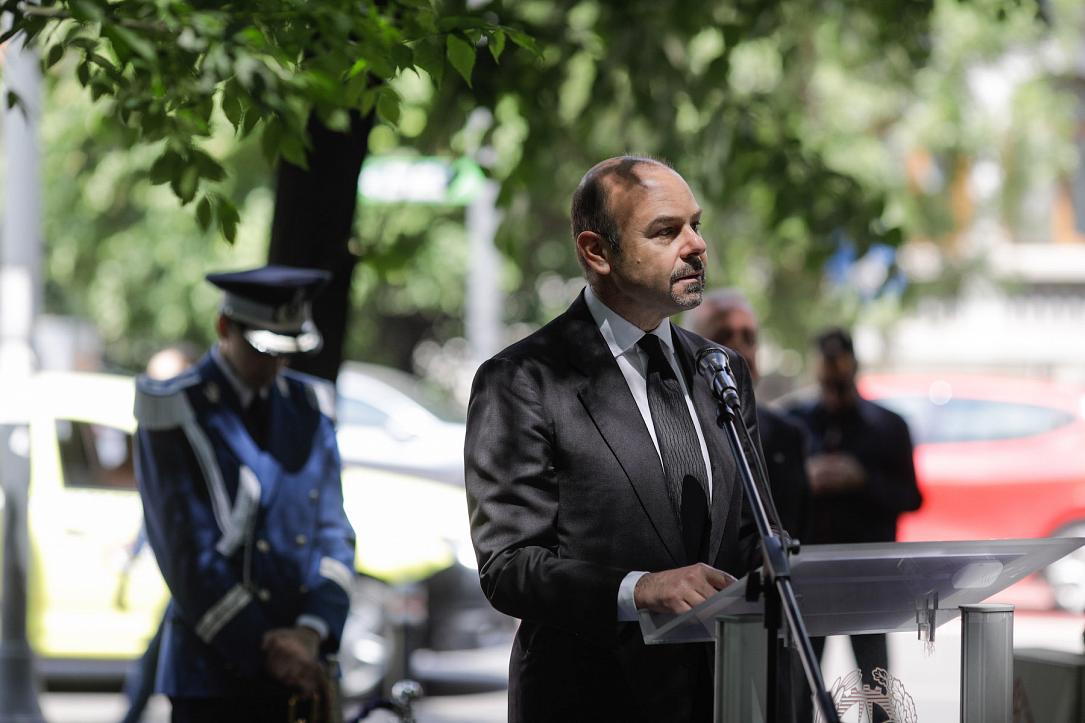Mafia uses corrupt state officials to launder money in Romania, Italian ambassador says



Illegal deforestation and the construction sector are two areas preferred by organized criminal groups that are active in Romania, says Italy’s ambassador to Bucharest, Alfredo Durante. He warns that the Italian mafia has refined its methods and has switched from violence and intimidation to corrupting administration officials and infiltrating into the state apparatus to influence public acquisitions.
Romania and Italy are on the verge of signing a new joint statement of strategic partnership, one that includes cooperation in the fight against organized crime. The two countries have a history of working together against such groups and corruption.
Italian judges Giovanni Falcone and Paolo Borsellino, assassinated by the mafia in 1992, have a monument in Bucharest’s Kiseleff Park. Celebrating their memory and their fight against organized crime in a ceremony last month, ambassador Durante argued that corruption and the mafia are tightly connected.
“Nowadays, criminal gangs no longer use violence or intimidation, they use corruption to infiltrate public administration, make acquisitions and launder money to get into the legal economy,” Durante said in an interview for Digi24.
The Italian ambassador also highlighted the importance of exchanging information, the interoperability of databases, the freezing of funds, and the seizure of assets in the fight against cross-border organized crime.
“Of course, in the two countries there may be different sectors in which these groups are more active,” Durante said. “We know that in Romania, for example, the field of illegal deforestation or some aspects of the construction market may be infiltrated by criminal groups. I think the same is true in Italy, for example, with regard to the construction of infrastructure and public works,” he added.
The Italian mafia has been shown to be active in Romania in the past. Giuseppe Pensabene, head of the ‘Ndrangheta Calabrian crime syndicate, lived in Romania for four years, cloning the websites of well-known banks and sending thousands of messages to clients in order to get their personal data. He had done the same in Italy years prior, swaying postal workers and bank employees to do his bidding.
In 2020, judicial authorities in Romania and Italy, aided by Eurojust and Europol, dismantled a transnational criminal network that had laundered EUR 20 million that had been illegally obtained. The joint operation ended with twelve arrests in Italy and Romania.
The European Council estimates that 70% of European criminal groups activate in more than three member states. In 2019, criminal revenues from cybercrime, financial fraud, human trafficking, sexual exploitation, smuggling of migrants, drugs, and firearms, among other activities, amounted to 1% of the EU’s GDP, or EUR 139 billion.
radu@romania-insider.com
(Photo source: Inquam Photos / George Calin)